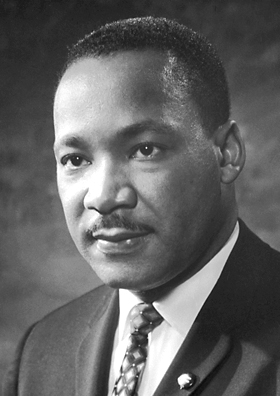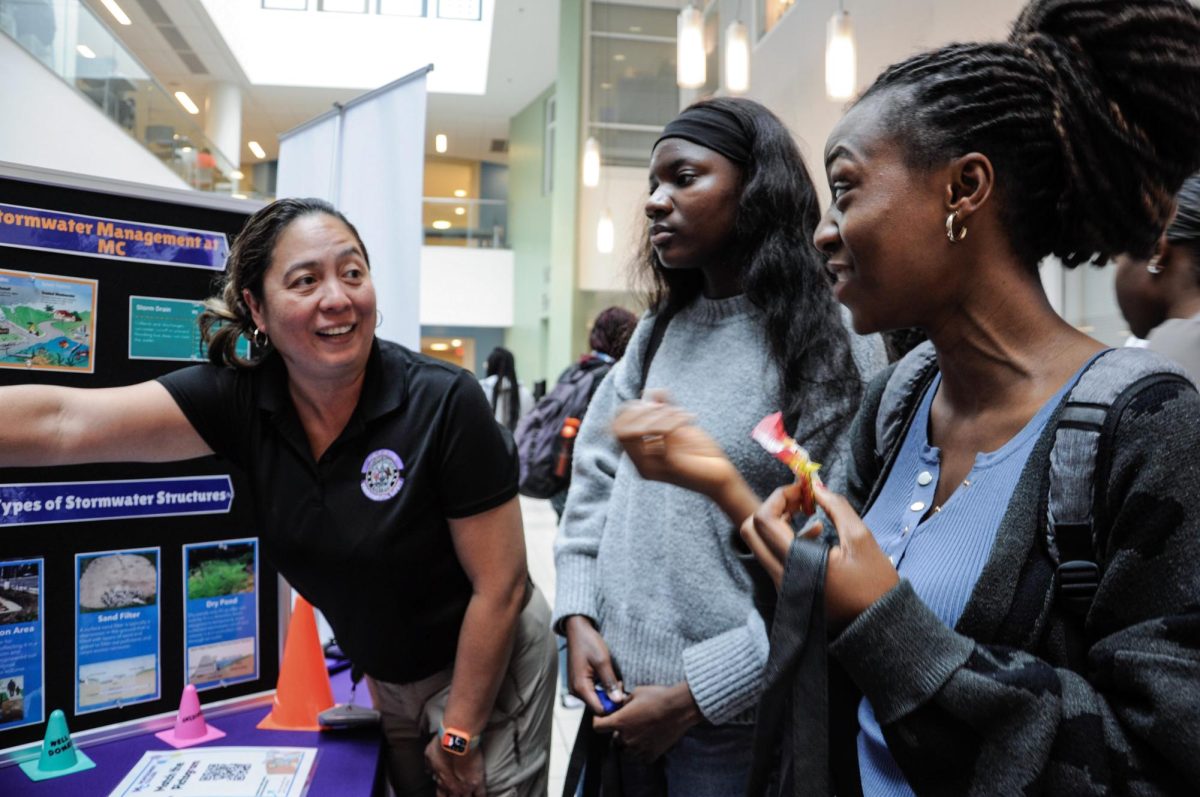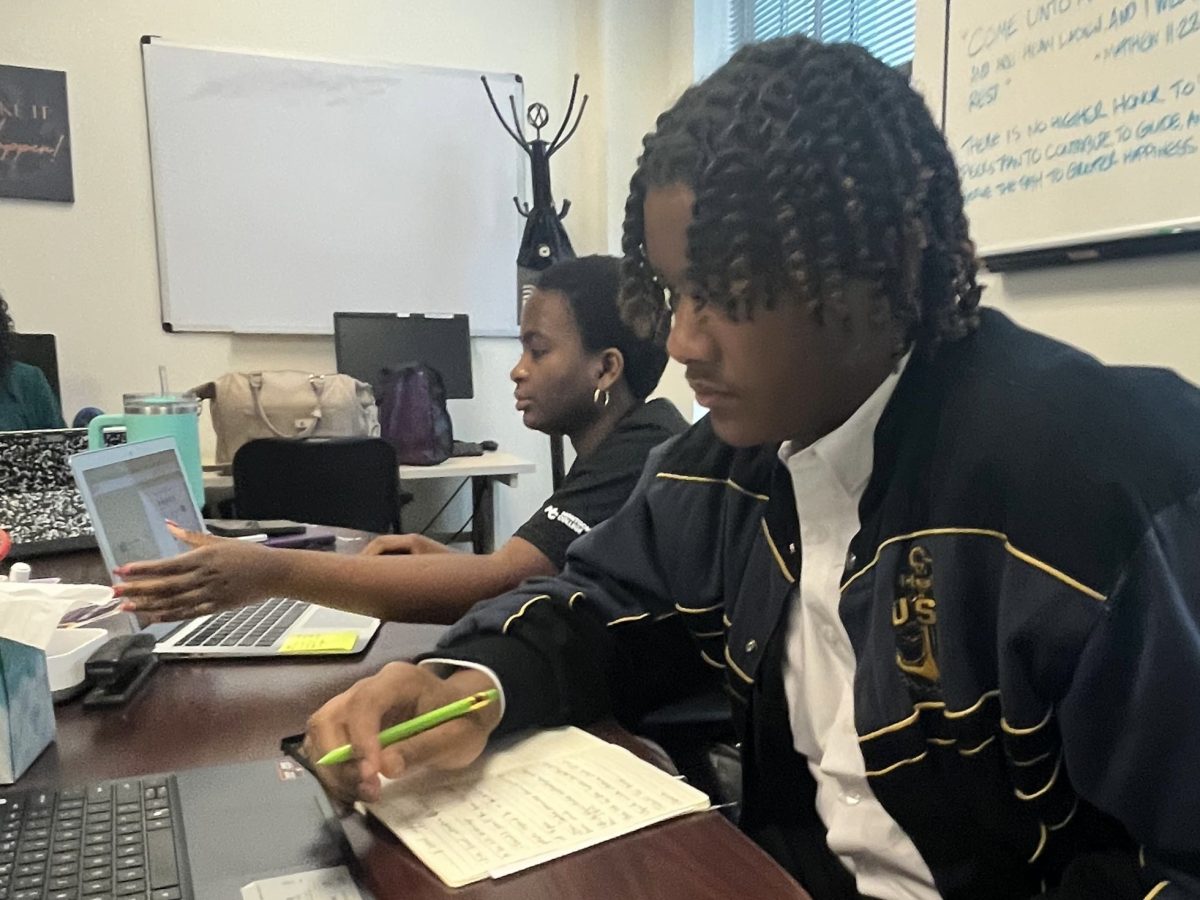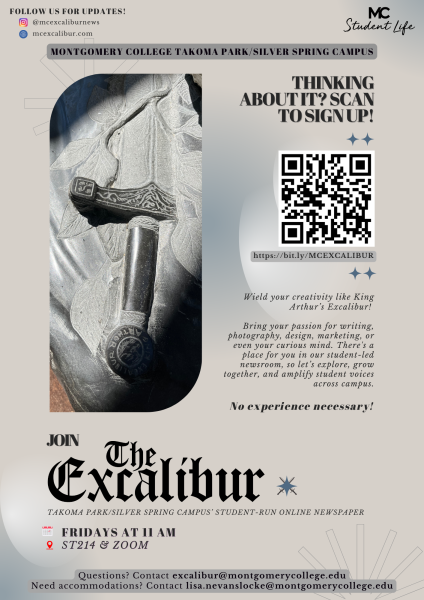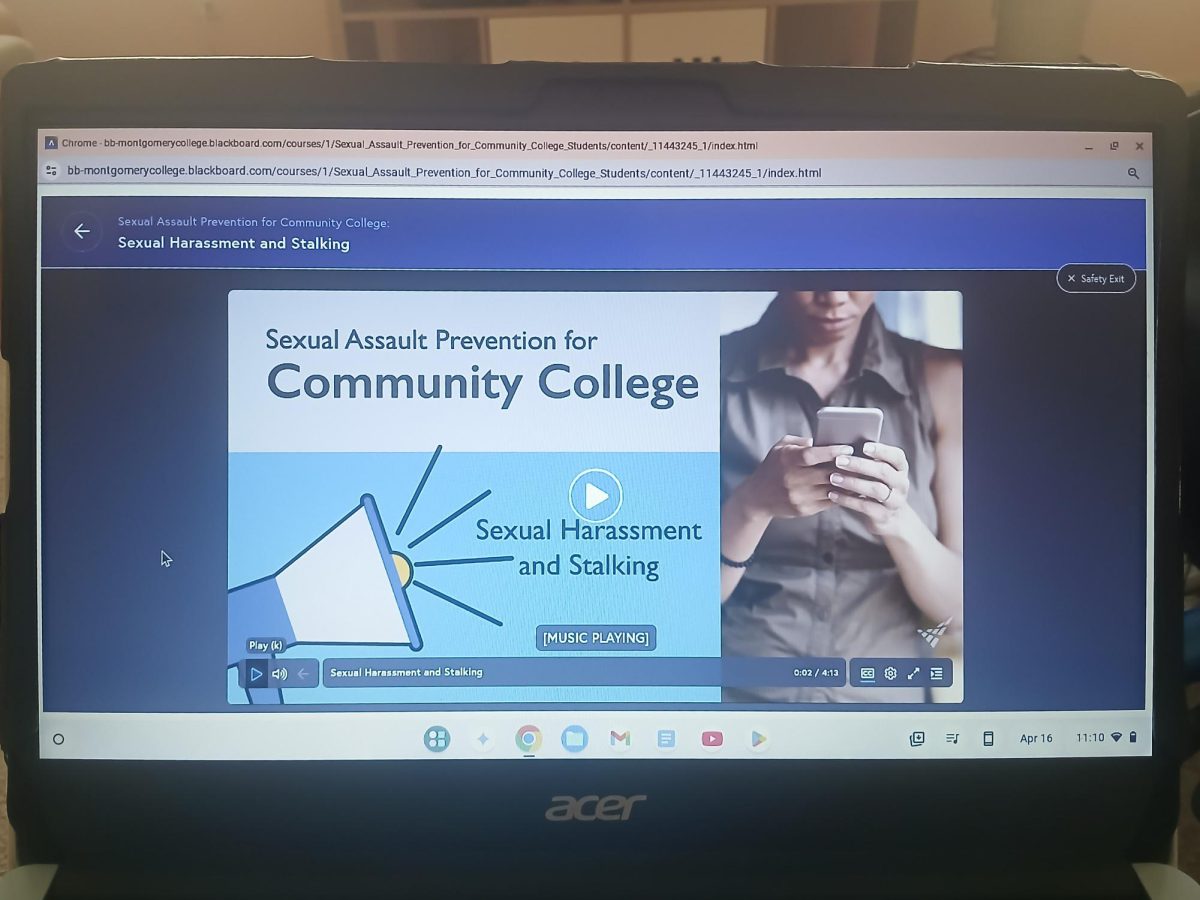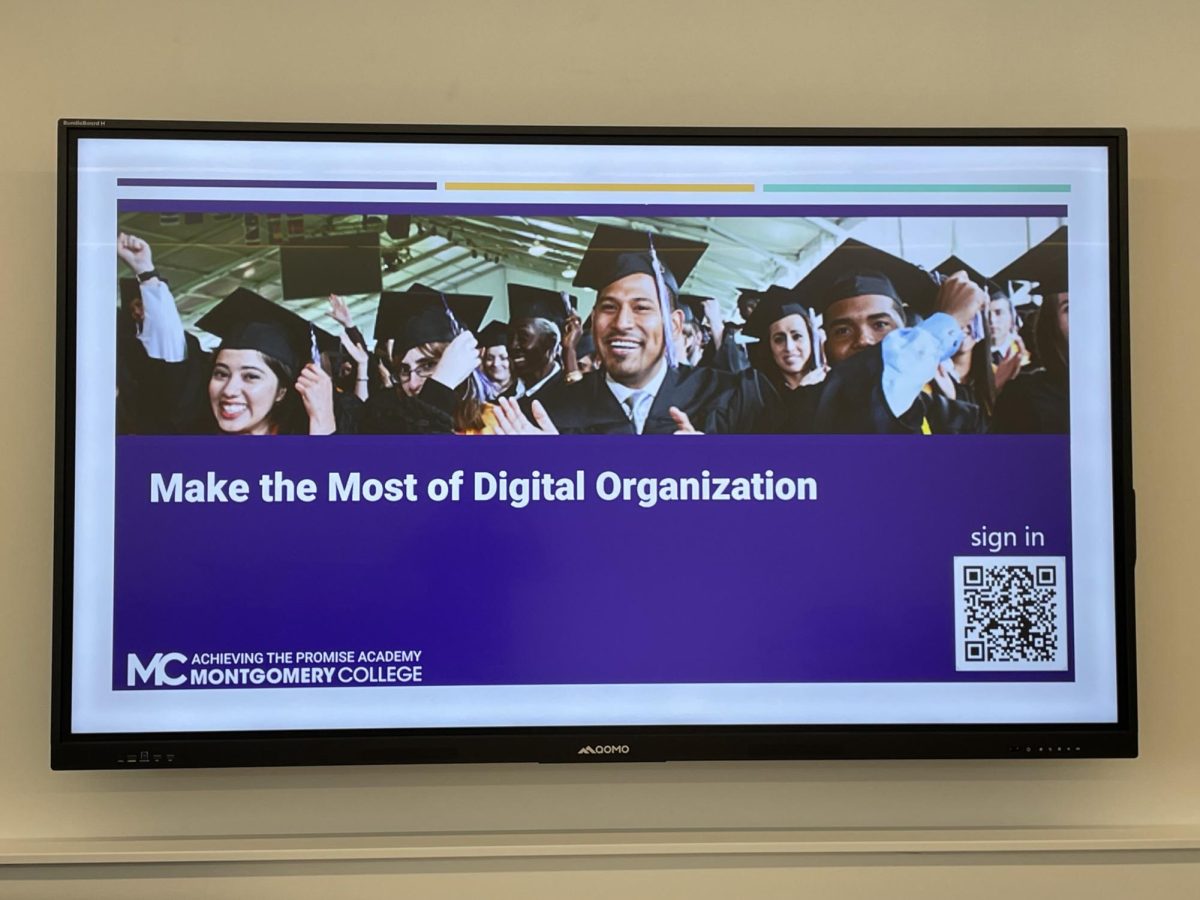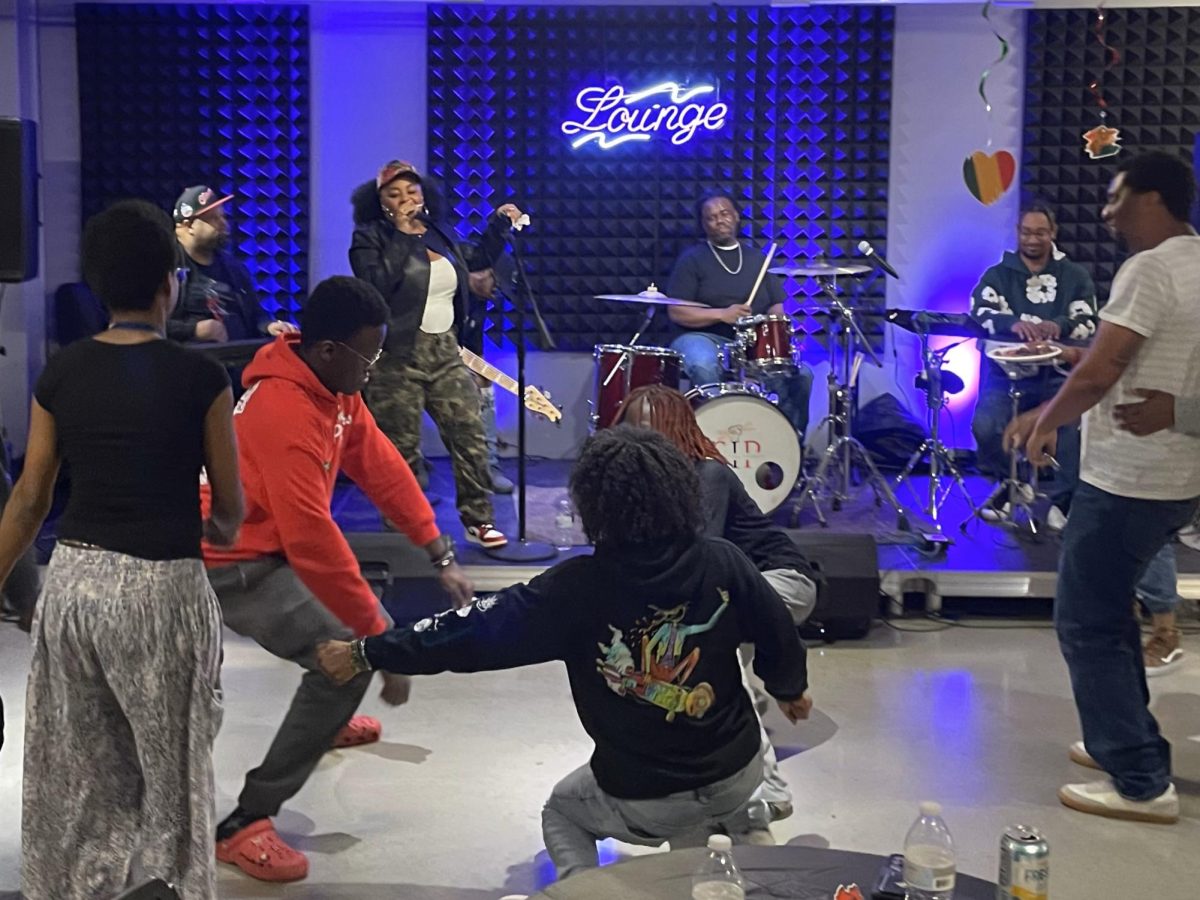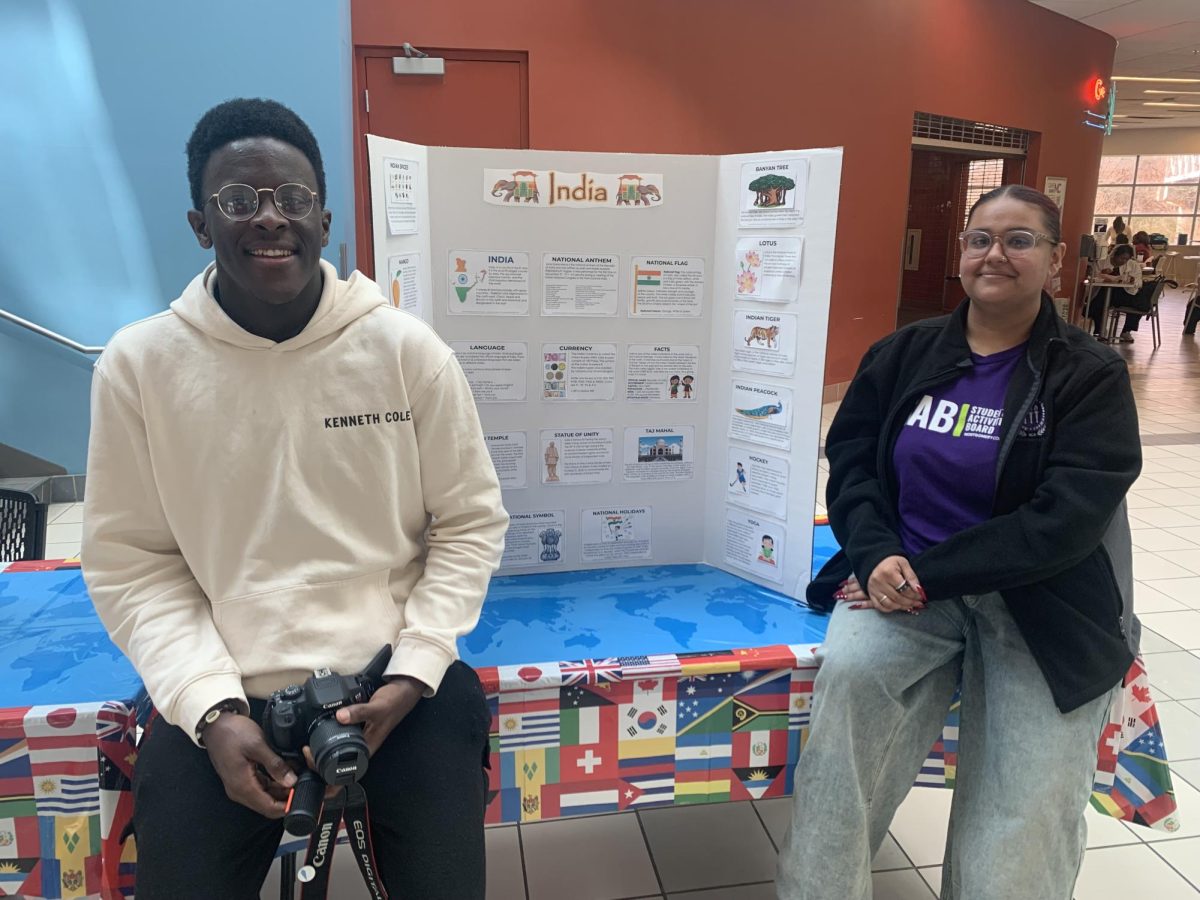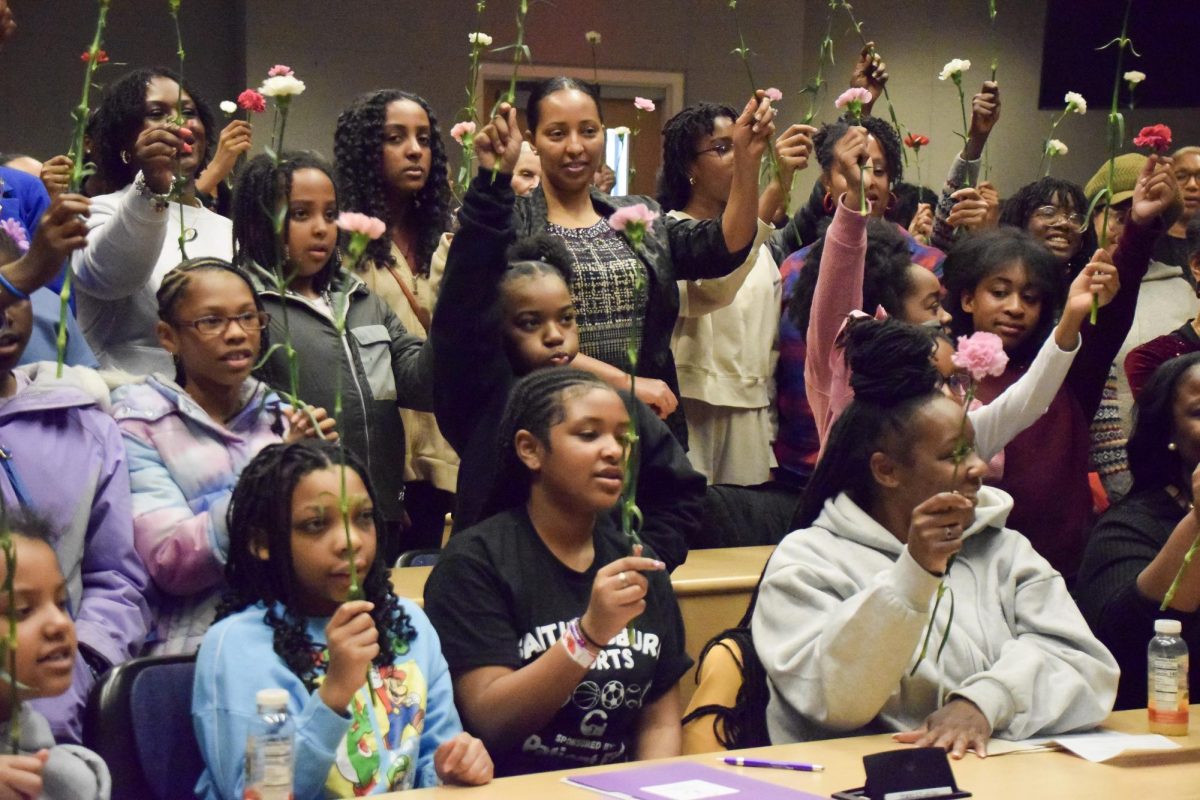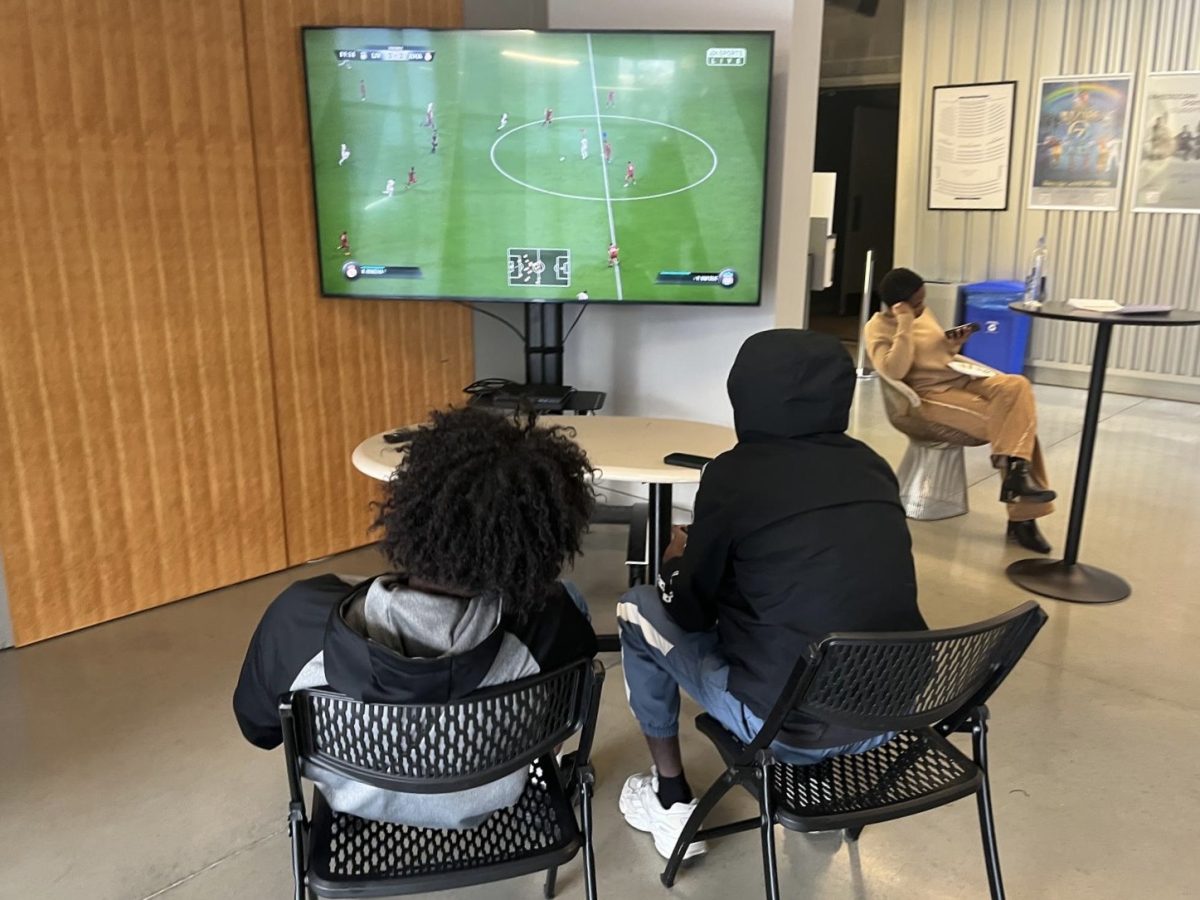Today in History: The Assassination of Dr. Martin Luther King, Jr.

Photo credit, Ann Weisgerber
April 4, 2019
Fifty-one years ago, on April 4, 1968, Dr. Martin Luther King, Jr. was shot and killed while standing on his motel balcony in Memphis, Tennessee. His murder sparked grief, fear, and outrage throughout the world, but his legacy will never be forgotten.
Businesses, schools, and museums across the country closed in the days that followed. Many events were cancelled, and people mourned publicly and privately. Following his death, President Lyndon B. Johnson called for a national day of mourning to be observed on April 7, that year. The next day, his widow Coretta Scott King, along with thousands of others marched, in Memphis in his honor.
Martin Luther King, Jr. Day is now a federal holiday observed on the third Monday of January each year, since the first in 1986. The holiday is to remember and celebrate Dr. King’s life, his beliefs, and his many achievements.
A Baptist minister and American Civil Rights leader, Dr. King fought fervently for equal rights for African Americans. During his life, he united people of all races and backgrounds and led a Civil Rights movement that would change history. Partially inspired by Mahatma Gandhi, Dr. King firmly believed in protesting social injustices through non-violent resistance.
In 1955, Dr. King entered the national spotlight as the designated spokesperson and leader of the Montgomery Bus Boycotts and President of the Montgomery Improvement Association (MIA). The 381 day boycott followed the arrest of Rosa Parks, an African American woman who refused to give up her seat on a bus to a white man, a violation of local law. This boycott sparked similar movements throughout the South and cost the bus companies thousands of dollars in revenue. A year later, in 1966, the Supreme Court ruled segregation on buses unconstitutional. This event started a chain reaction and ignited a fire within the Civil Rights movement.
In February 1957, Dr. King was elected as president of the Southern Christian Leadership Conference (SCLC), an organization dedicated to advancing the cause of civil rights through non-violent means. Over the next few years, he traveled the country, giving speeches on civil rights activism and his peaceful methodology.
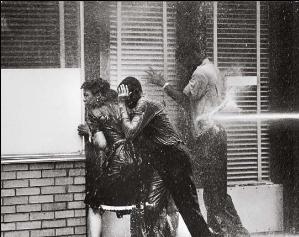
Some years later, in the Spring of 1963, the SCLC began the Birmingham Campaign, also known as “Project C.” With the goal of protesting segregation, people participated in marches, sit-ins, and protests throughout the city of Birmingham. Despite Dr. King and the SCLC’s commitment to their non-violent demonstrations, they were met with violent and hateful resistance. The police used high-pressure water hoses and attack dogs on the demonstrators, and many children fell victim to the attacks.
During this campaign, Dr. King was arrested for the thirteenth time. Angry and frustrated by the events that took place in Birmingham, he wrote “Letter from Birmingham Jail,” primarily in response to a group of white clergymen who had criticized the tactics of the protestors. In this now-famous letter, he addressed their misconceptions about the Civil Rights movement and defended the cause. In his letter, Dr. King wrote, “We know through painful experience that freedom is never voluntarily given by the oppressor; it must be demanded by the oppressed.” In the end, “Project C” was a success and many local segregation laws were reversed.
Later that year, in August, Dr. King participated in the March on Washington for Jobs and Freedom, held in Washington, D.C. The march ended with Dr. King giving his “I Have a Dream” speech, one of the most well-known orations in history. In his speech, he quoted the Declaration of Independence, “We hold these truths to be self-evident, that all men are created equal,” challenging America to live up to the potential of its founding ideals. He went on to call for peace and equality among all people regardless of race and background.
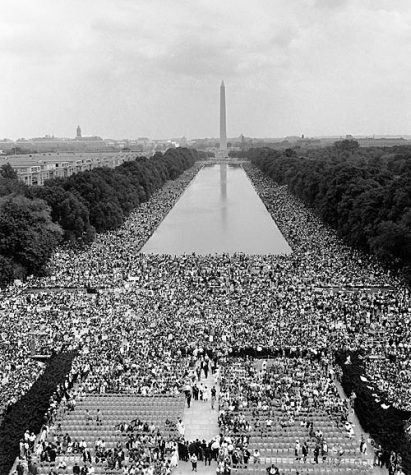
Many consider Dr. Martin Luther King, Jr. to be one of the most inspirational and influential men in history. Following his speech in D.C., Dr. King was named “Man of the Year” by Time Magazine, and the following year was awarded the Nobel Peace Prize.
He spent his life fighting for equal rights for African Americans and was able to make tremendous strides within the Civil Rights movement. He continued his work, through nothing less than the peaceful ways he always preached, until the tragic evening of April 4, 1968, when he was assassinated.
Clayborne Carson, director of the Martin Luther King, Jr. Research and Education Institute, believes the challenge is now on us, stating, “All of the people who admired King and have studied him collectively have a responsibility for keeping his legacy alive.”
